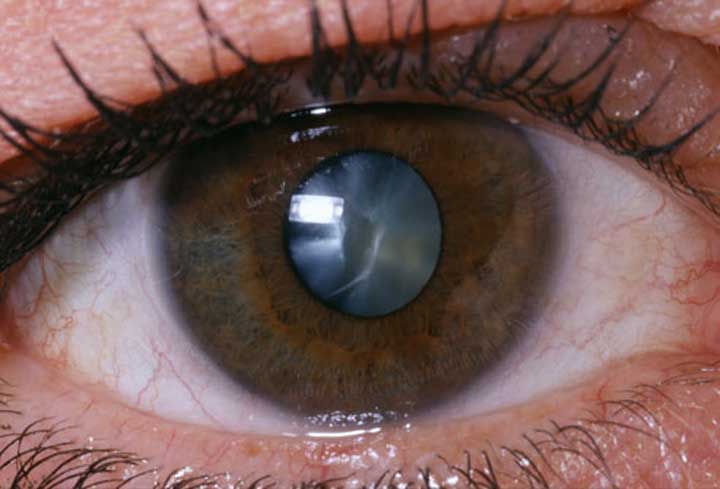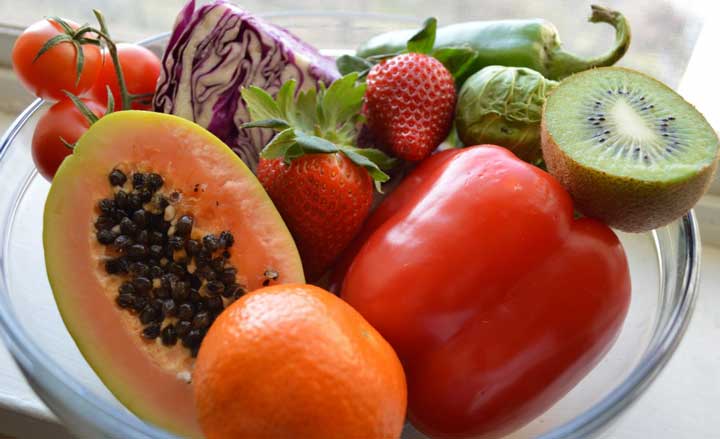Health
Can An Increase In Vitamin C Consumption Prevent The Onset Of Cataracts?
We all know that Vitamin C is great for warding off and treating colds, but there’s now some evidence that it could reduce the chance of developing cataracts. According to a recently published study in the journal Ophthalmology an increased percentage of Vitamin C intake correlated with the reduced risk of developing cataracts.
Cataracts: A Background
A cataract is when the lens of the eye clouds over causing impairment in vision. Cataracts develop over time; as an individual gets older, their eyesight becomes foggier and it becomes difficult to read, drive and even perceive immediate objects.

The onset of cataracts increases with age. However, aside from age, there are other causes including genetics, other eye conditions, trauma or even diabetes.
While in its early stages, the effects of cataracts can be managed by wearing glasses, staying out of direct sunlight or wearing sunglasses, using a magnifying glass while reading as well as other measures that will reduce the strain on your eyes. However, when cataracts progresses to latent stages the only way to relieve your vision is through cataract surgery. While typically safe when done by a qualified doctor, cataract surgery may carry the risk of infections and excessive bleeding.
Prevention
As with anything, therefore, it’s always better to take preventive measures to ensure that the risk of developing cataracts in the first place is lower.
There are a variety of preventive measures that one can take, most of which involve leading a healthy lifestyle; cutting down on smoking, reducing alcohol consumption (excess levels of drinking have been shown to lead to a higher risk of cataracts) and mantaining a healthy diet.
Additional precautions can also be taken to maintain eye health including having regular eye exams and wearing sunglasses with high SPF levels.
The Study On The Link Between Vitamin C And Prevention
A more specific protection against developing cataracts that has recently drawn attention is an increase in the consumption of Vitamin C.
Researchers from King’s College London conduced a longitudinal study on 324 pairs of female twins over a period of ten years. They analysed the opacity of participants’ lenses over the period and also measured their intake of Vitamin C over the period using a questionnaire.
After analysing their findings, they concluded that participants who consumed higher levels of Vitamin C had a 33% reduced risk of cataracts and had clearer lenses after ten years.
The researchers have suggested that this is because an increased intake of Vitamin C leads to an increased amount of Vitamin C in eye fluids that protect the eyes. Humans cannot manufacture their on vitamins, so taking in Vitamin C through foods is necessary for this protection. Aside from citrus fruits, Vitamin C rich foods include bell peppers, spinach, bok choy, broccoli, berries, tomatoes, kiwi, peas and papaya.
“The findings of this study could have significant impact, particularly for the ageing population globally by suggesting that simple dietary changes such as increased intake of fruit and vegetables as part of a healthier diet could help protect them from cataracts,” said Chris Hammond, a researcher from King’s College.
According to the researchers the study shows that lifestyle plays a higher factor in cataracts development than genetics; yet another reason to start making healthier food choices.






















